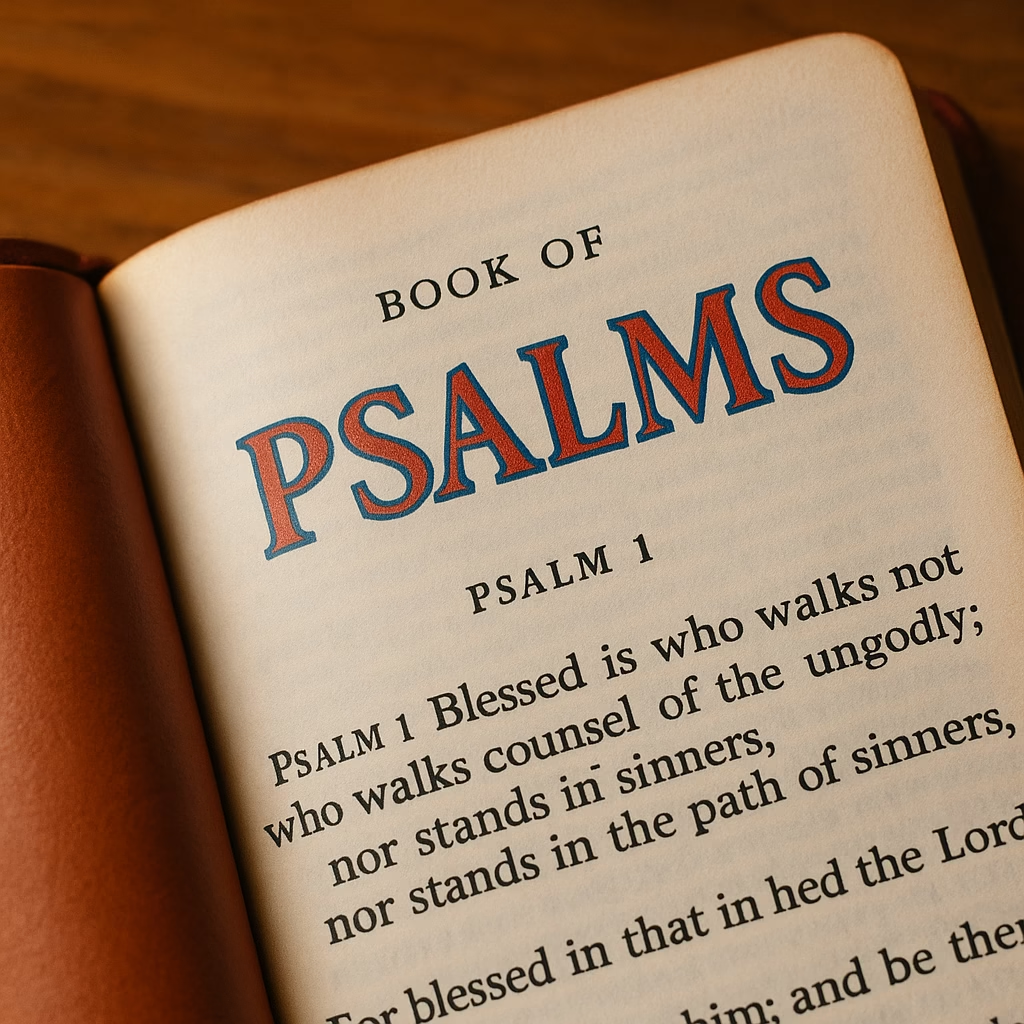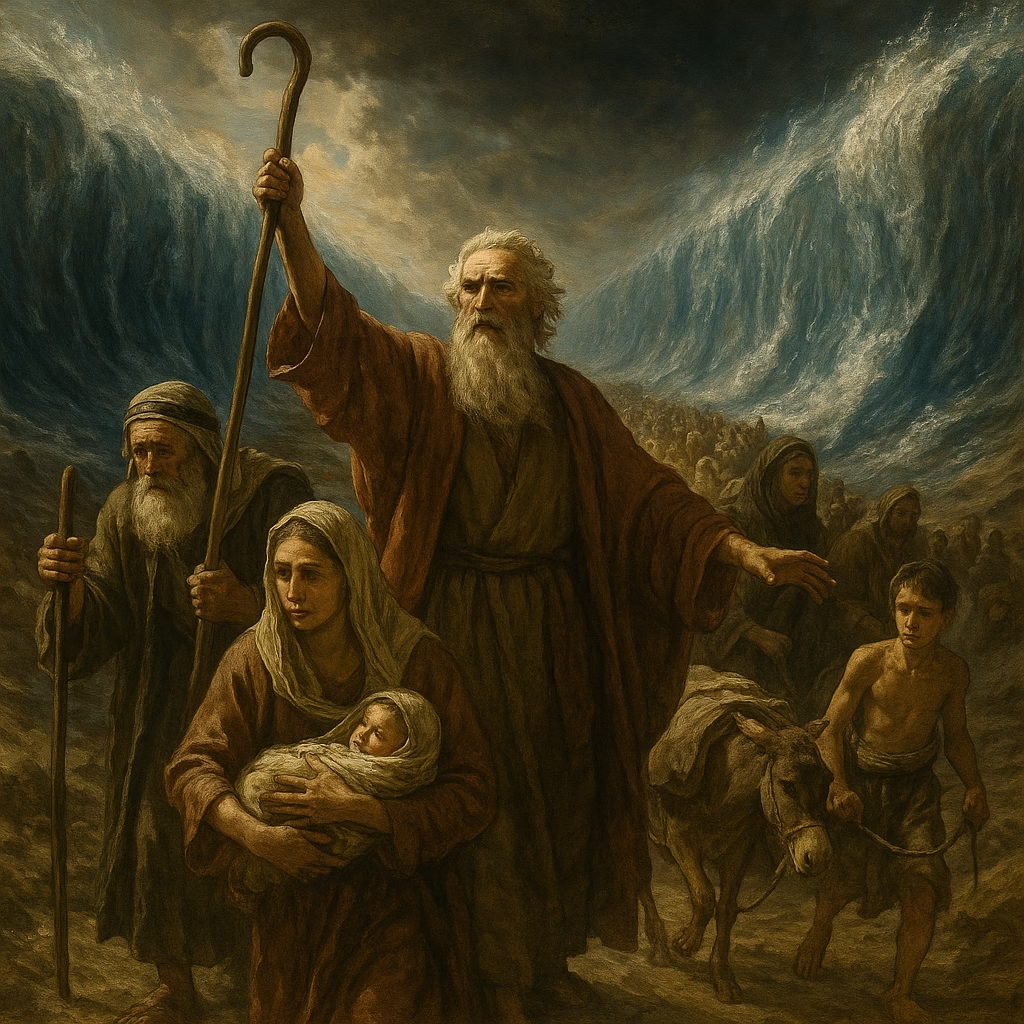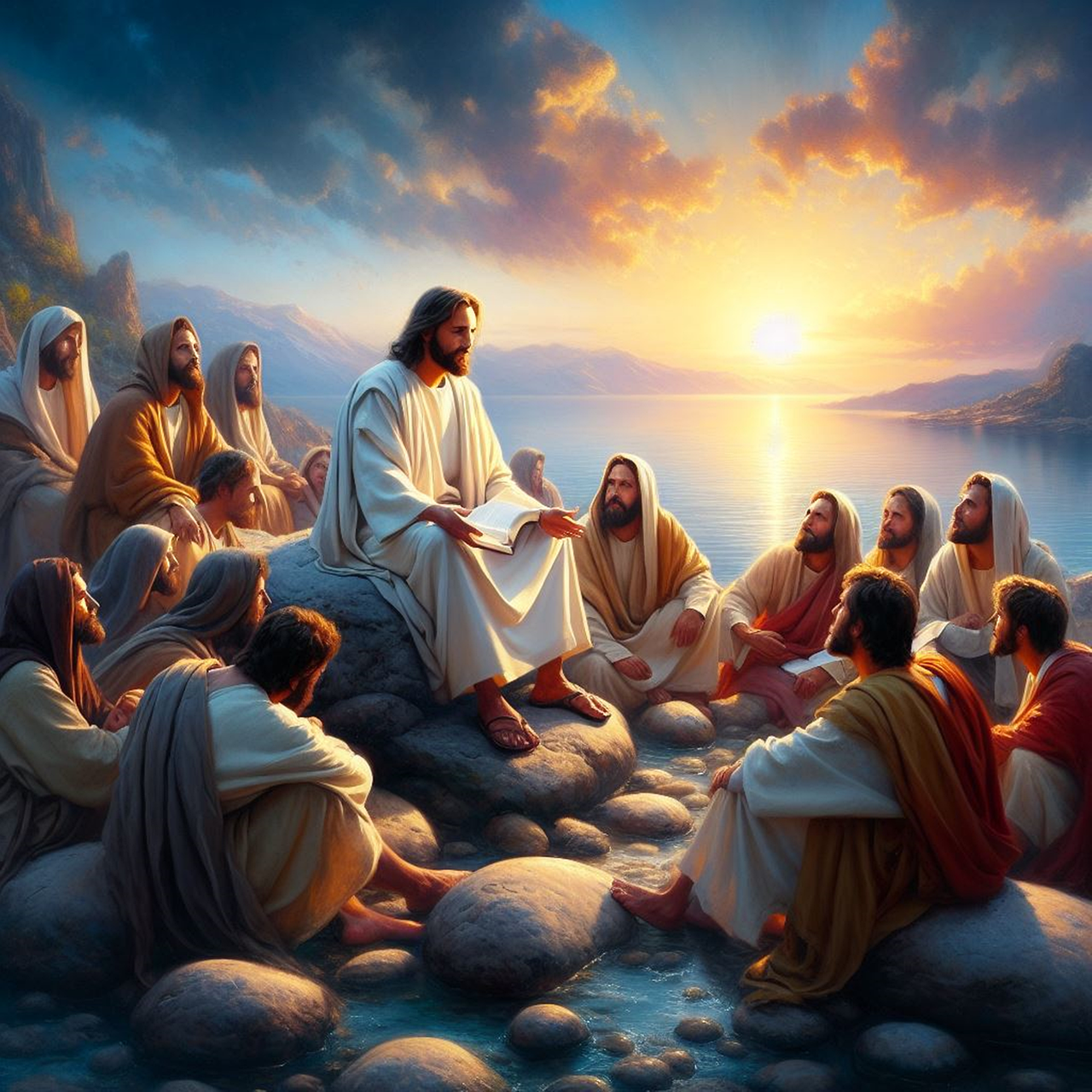The Truth Behind the Date of Christ’s Birth
Every year, millions celebrate the birth of Jesus Christ on December 25, but was He really born on that date? Surprisingly, the Bible doesn’t give an exact date, and scholars have long debated the historical and astronomical evidence.
In this article, we’ll explore:
- What the Bible says about Jesus’ birth
- Why December 25 became the traditional date
- What historical and scientific evidence reveals
- The most likely time of year Jesus was actually born
Let’s uncover the truth about the most important birthday in history.
What Does the Bible Say About Jesus’ Birth Date?
The New Testament provides detailed narratives of Jesus’ birth in Matthew 1–2 and Luke 1–2, but no exact date is mentioned.
However, there are important clues:
- Shepherds were in the fields at night (Luke 2:8), which suggests milder weather – unlikely in winter.
- Jesus was born during the reign of Herod the Great, who died around 4 B.C.
🔍 Key Biblical Clue:
“And there were shepherds living out in the fields nearby, keeping watch over their flocks at night.” – Luke 2:8
This implies a spring or fall timeframe, not midwinter.
Why Do We Celebrate Jesus’ Birth on December 25?
December 25 was first recorded as the celebration of Jesus’ birth in Rome around 336 A.D., but not because it’s His actual birthday.
Theories Behind December 25:
- It aligned with Roman pagan festivals like Sol Invictus (celebration of the “unconquered sun”).
- Early Christians may have chosen this date to replace pagan rituals with Christian meaning.
- Some theologians believed Jesus was conceived on March 25, making His birth nine months later – December 25.
So, December 25 is a symbolic date, not a confirmed historical one.
What Does History and Astronomy Say?
To get closer to the actual birth date of Jesus, scholars turn to historical events and astronomical data:
1. Reign of Herod the Great
Herod died in 4 B.C., meaning Jesus had to be born before that year.
2. The Star of Bethlehem
Astronomers point to rare celestial events, like:
- Conjunction of Jupiter and Saturn in 7 B.C.
- Triple conjunction involving Jupiter, Regulus, and Venus around 3–2 B.C.
- These events may explain the “Star of Bethlehem” described in Matthew 2:2.
3. Roman Census
Luke 2:1 mentions a census under Caesar Augustus, possibly referring to a local census in Judea under Quirinius, though this raises some dating challenges.
So, When Was Jesus Really Born?
Based on available evidence, most scholars agree:
- Jesus was likely born between 6 B.C. and 4 B.C.
- The most probable seasons are spring (March–May) or fall (September–October)
- Winter is unlikely, due to climate and shepherd activity
Why the Actual Date Matters
Understanding when Jesus was born isn’t just academic, it enhances our appreciation of the historical and spiritual reality of His life.
While December 25 remains a cherished tradition, knowing the likely timeframe deepens our understanding of:
- Biblical prophecy
- Historical accuracy
- The context of His birth
FAQs About Jesus’ Birth Date
- Was Jesus born on December 25?
Probably not. December 25 is a traditional date chosen centuries later and not based on biblical or historical evidence. - What year was Jesus born?
Most scholars place Jesus’ birth between 6 B.C. and 4 B.C., during the reign of Herod the Great. - What season was Jesus born in?
Most likely in spring or fall, based on shepherd activity and historical clues. - What was the Star of Bethlehem?
Possibly a planetary alignment or other rare celestial event interpreted as a divine sign. - Why does the exact date matter?
It helps build historical accuracy, apologetics, and enhances biblical understanding.
Faith Over Calendar
While we may never know the exact day Jesus was born, what matters most is why He was born, to bring hope, redemption, and love to the world.
As you reflect on the nativity, let this truth anchor your faith:
God entered history – not on a calendar date – but in the fullness of time.







I read this article fully regardding the difference
of most up-to-date and preceding technologies, it’s remarkable article.